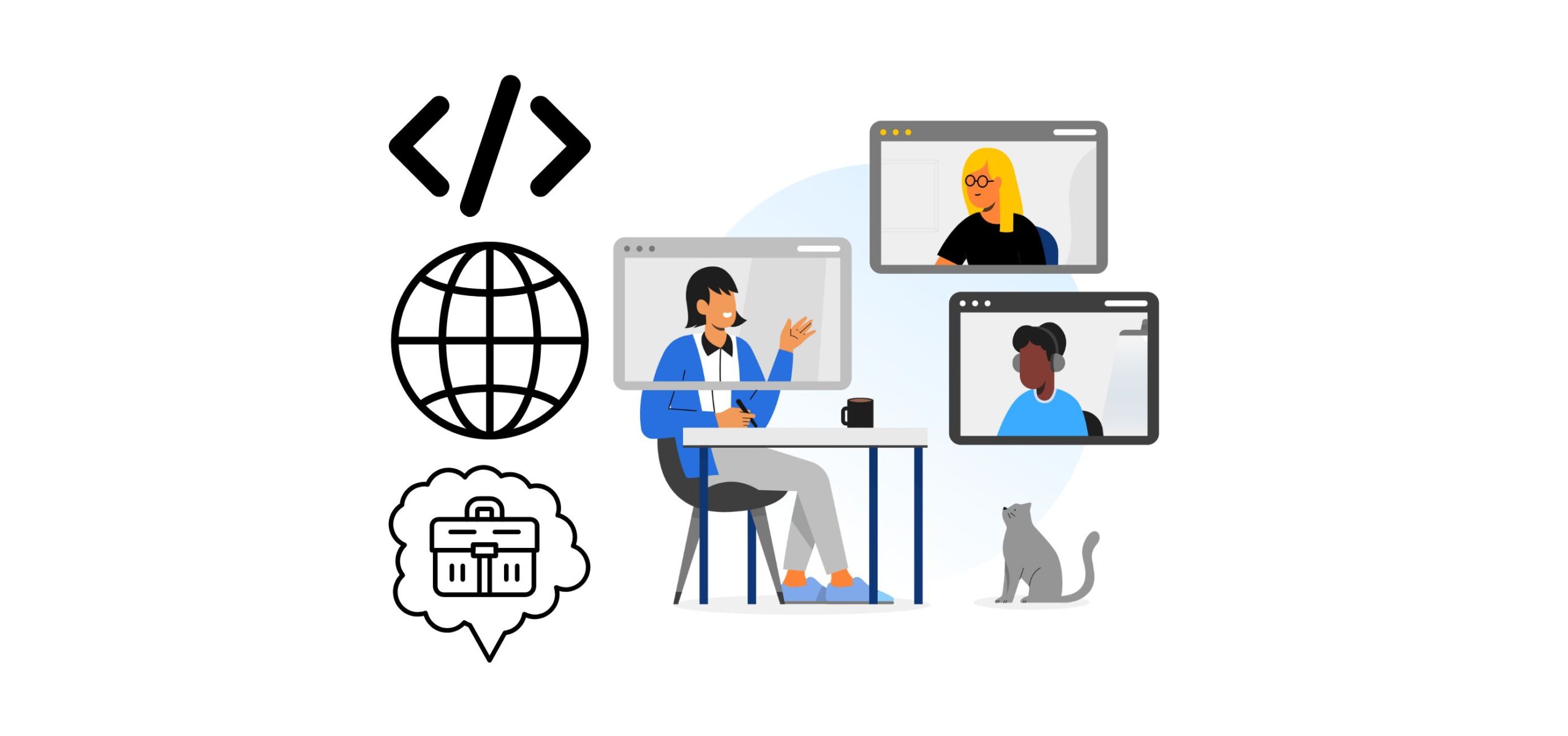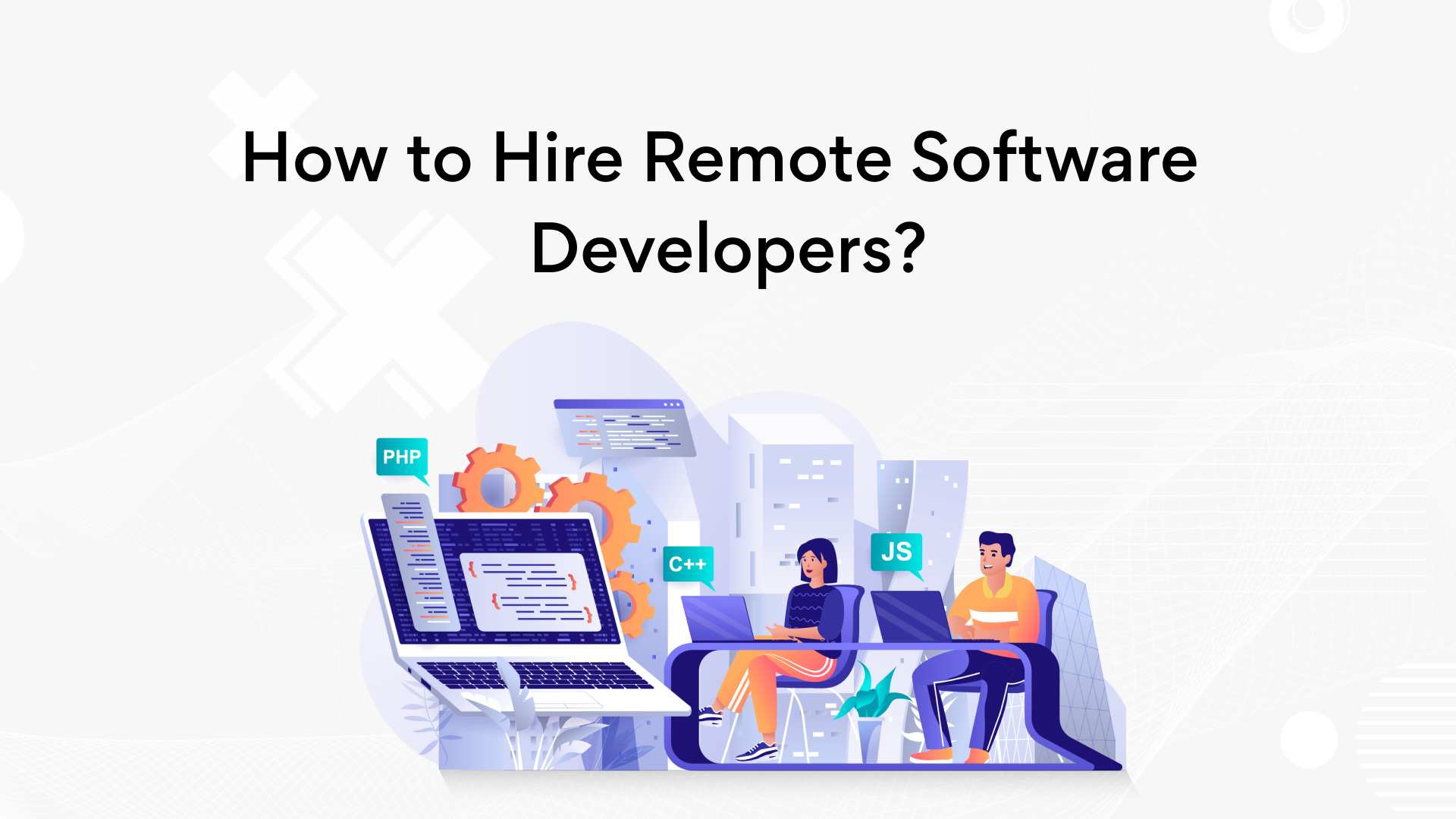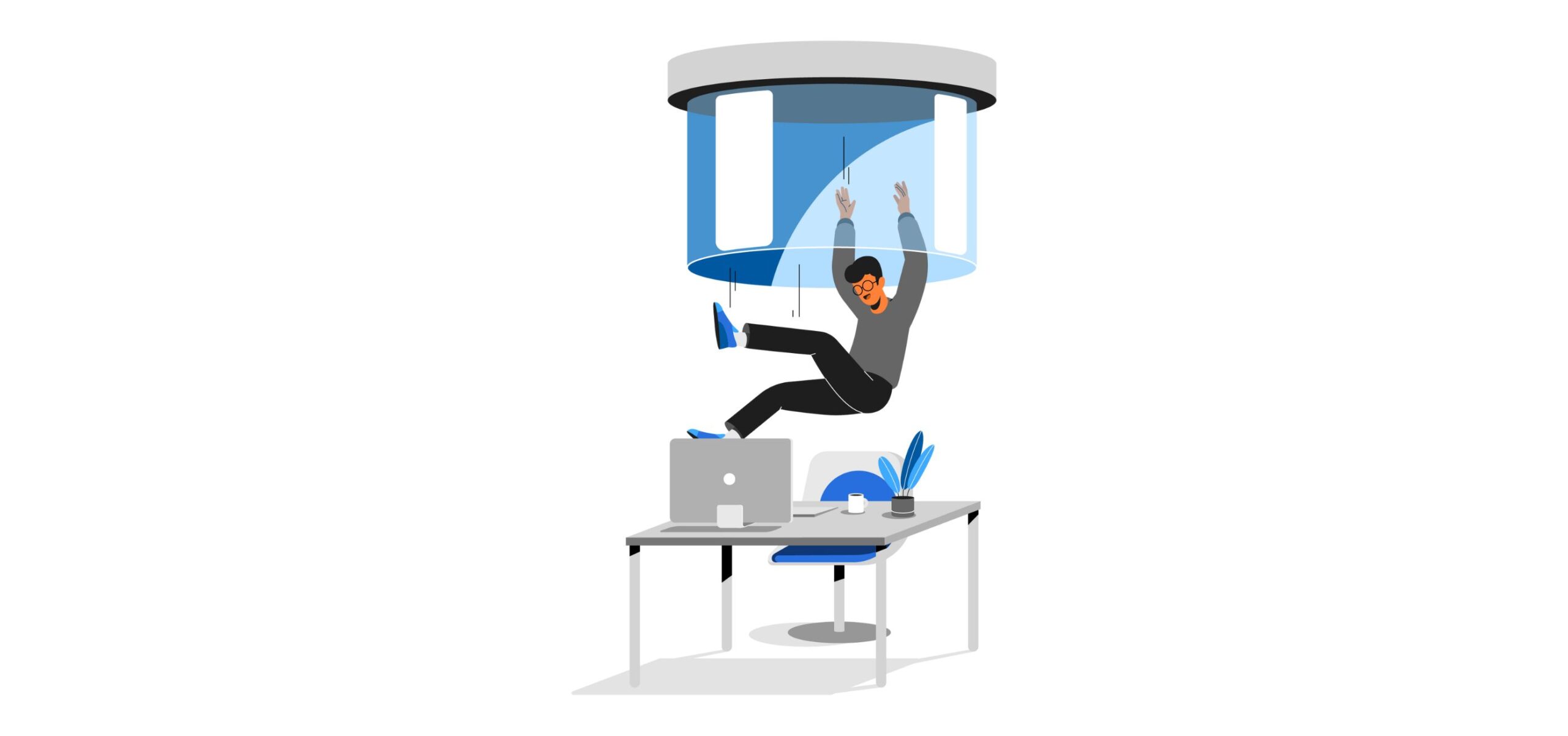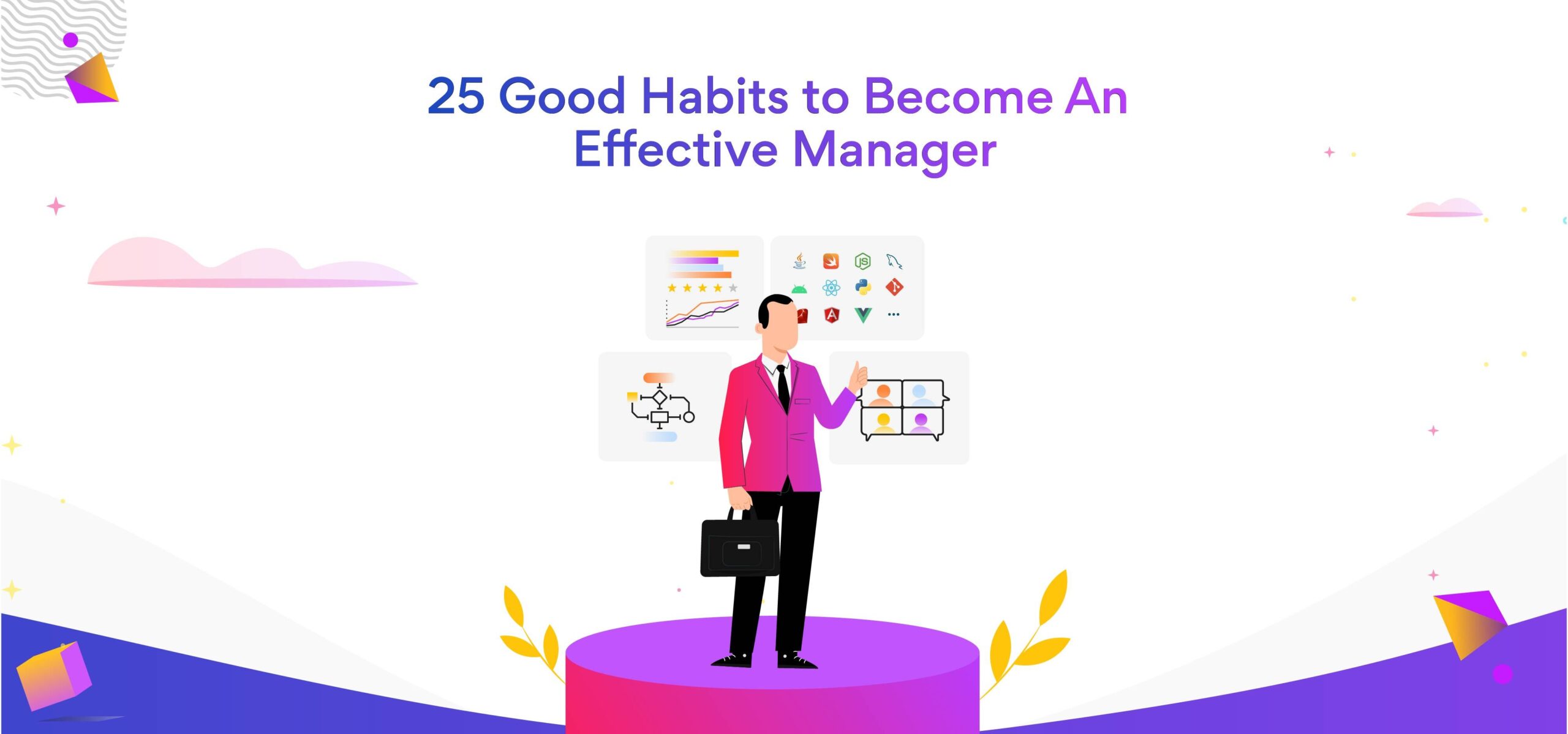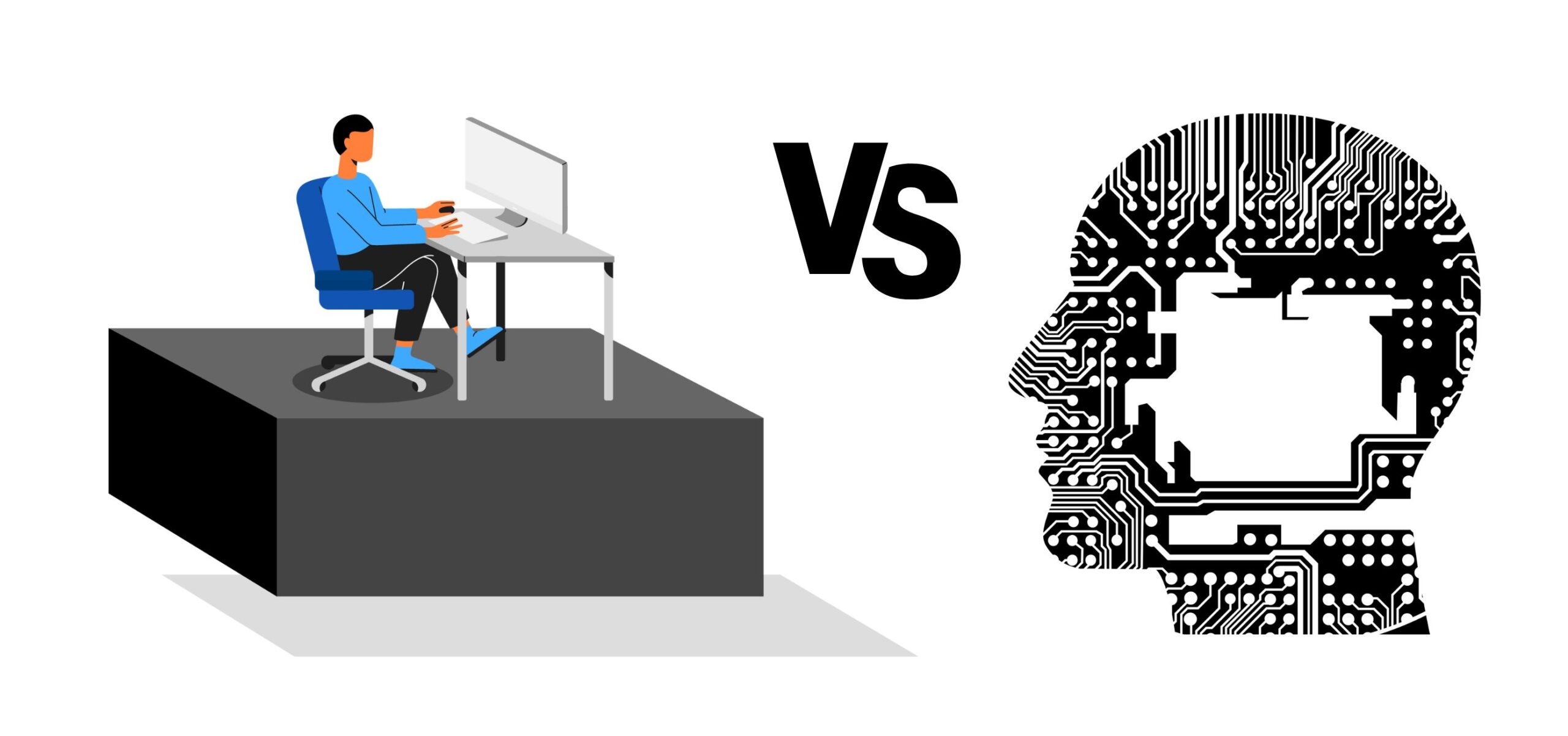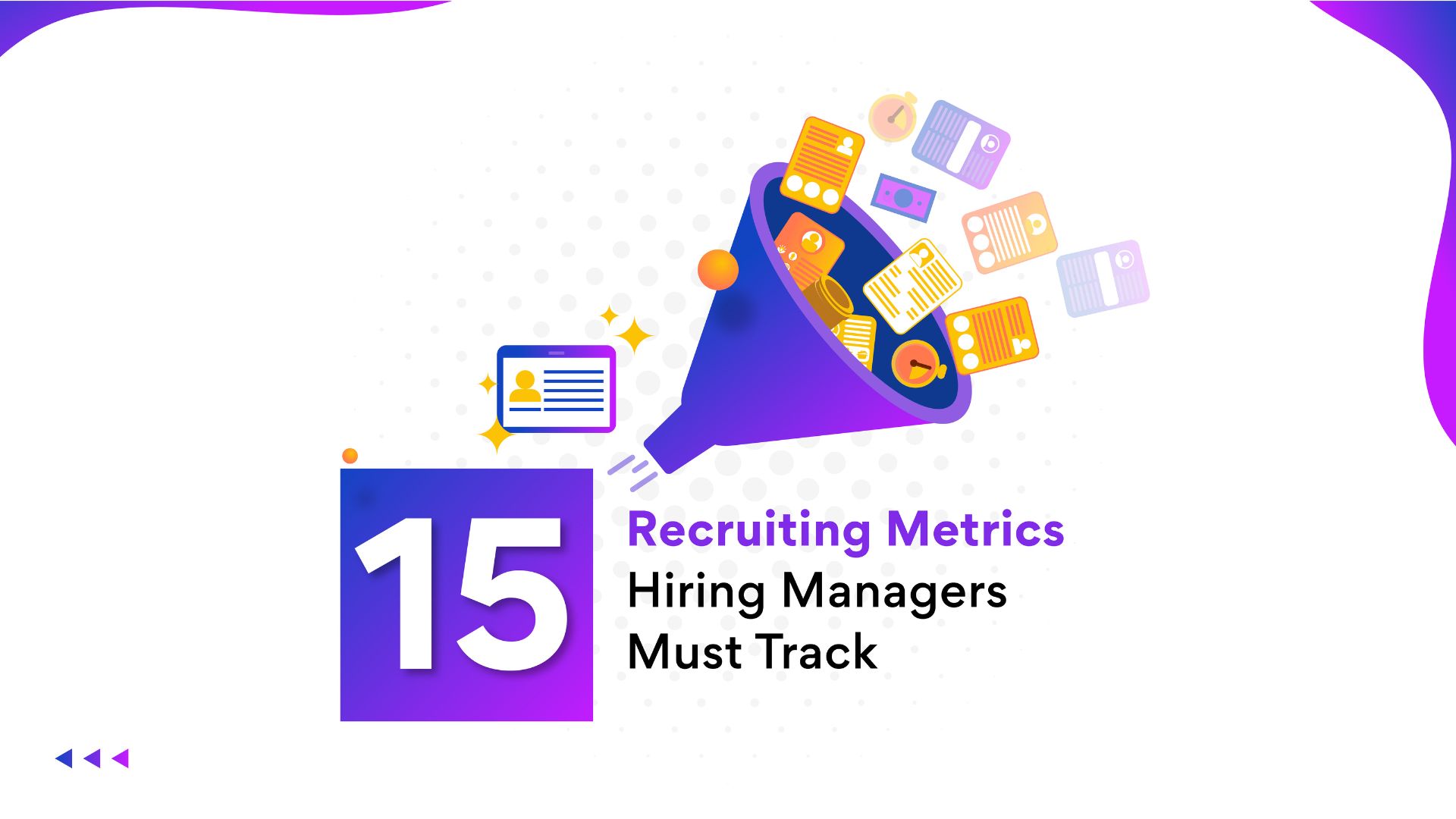Want to Hire the Best Tech Talent? Build the Best Culture First.
In the last few years, there has been a sharp increase in demand for developers capable of providing solutions to complex software problems. As a result, organizations face an uphill battle as they try to recruit the most skilled technical talent. According to the US Bureau of Labor Statistics, the demand for software engineers in the US will exceed the number of available developers by at least 1.2 million by 2026.
Hiring great engineers is destined to become even more challenging. So how can organizations recruit the tech talent they need? One way, says Kate Wardin, a Senior Engineering Manager at Target Corp, is to build a solid software team culture that engineers will love.
Kate goes further by highlighting three engineering characteristics that make a software culture standout:
Remove roadblocks and empower your team members
Remove delays in projects as they lower both—motivation and productivity in teams. Encourage developers to suggest ways to make the workflow as fluid as possible. Spend time and energy to identify the painful processes that cause friction in work. This process can be as quick as asking your teammates, “What would make life easier for this team?” Act on their feedback immediately, and allocate appropriate budgets and time to fix the issues.
Often, employees on the front lines are not involved in decision-making. Failing to solicit team-member input can be a very costly mistake, according to Wardin. Hence, it is essential to reach out to every team member to understand their ideas and perspectives. Build practices that amplify the voices of your team members. Ensure that you take decisions at the level where the best information is available.
Share credit, take the blame, and put engineers first
Wardin recommends ‘creating a culture where employees advocate for one another, share praise for their peers’ accomplishments, and remain loyal to one another as they recover from issues.’ She explains that this will create a sense of inclusion and community among team members.
As for taking the blame, bring an all-hands-on-deck mentality to fix issues during the production process. Focus on fixing the problem: Which tools, systems, or monitors can you introduce? Refrain from finger-pointing at all costs. Ensure that your employees don’t feel devalued in the process of delivering a solution. Create a no-blame process that encourages your people to spend their energy building superior technology.
Embrace vulnerability and build trust
Allow your employees to be vulnerable and make mistakes by setting the right examples. This practice will enable them to learn and grow through the process.
Trust is an essential characteristic of happy teams. There are two types of trust that you need to build within your team: affective and cognitive. Wardin explains: “Affective trust is ‘trust from the heart’—that sense of empathy based on feelings generated by interactions. Developing trust can be as simple as encouraging people to share stories about their life outside of work. Cognitive trust is trust from the head”—it’s your confidence in one another. You can develop cognitive trust by encouraging transparency and acknowledging areas where you tend to mess up.”
It is equally important to trust employees with their decisions and develop an open culture for better participation. Finally, focus on fostering an inclusive and psychologically safe environment for every person on your team.
We are at a pivotal point that demands organizations adapt to their employees’ needs and not the other way around. Recruiting and retaining the best talent will require employers to invest in their team’s culture just as they would invest in any other business asset. Therefore, engineering leaders should be relentless and consistent in their pursuit of exceptional engineering practices. Most importantly, they should articulate their intentions clearly and share their passion for improving the team’s culture with the team members to follow suit.
Are you struggling to hire skilled and experienced remote software engineers? Turing can help. Turing’s automated platform lets companies “push a button” to hire senior, pre-vetted remote software developers. Access a talent pool of the top 1% of 700K+ developers with strong technical and communication skills who work in their time zone. There’s no risk. Turing offers a free two-week trial period to make certain your developers deliver to your standards
For more information, visit Turing’s Hire page.
Source: Techbeacon
Tell us the skills you need and we'll find the best developer for you in days, not weeks.



